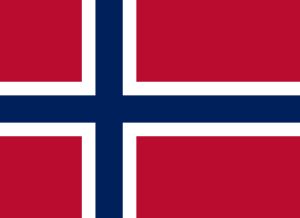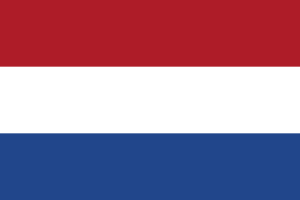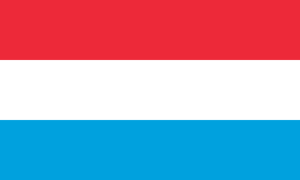In October 2013 a new law was approved by the Parliament on cultural assets. The Decree -Law“ Urgent provisions for the protection, enhancement and promotion of cultural assets, activities and tourism (13G00135) (G.U No. 186 of 09.08.2013) released on August 9 2013 and converted in law on October 7 2013 (L. 112 /2013) states that results of research, funded at least 50 % with public funds and published in scholarly journals (whose frequency is at least biannual) should be open access.
According to this law, all public research funders and administrators of public research funds are required to take provisions to implement and promote OA according to the principles stated in the law.
In line with the EU recommendations to State members on access to and preservation of scientific information, with the new Italian Law on OA (L. 112 /2013) and with the OA-CRUI guidelines on OA policy, 24 universities out of 97 adopted institutional OA mandates and many others are in the process of approving them (as of October 2017).
Large national funded research institutions or publicly funded medium or small research centres have not yet approved any policy with the exception of the ISS – Istituto Superiore di Sanità (the main research institution on health science funded by the Public Health Ministry), and the INGV (National Institute of Geophysics and Volcanology). However, the main national funded research institutions (ISS, INGV, ENEA, INFN) together with CRUI support OA in principle and committed themselves to take action in the near future by signing the Position Statement on the Open Access to Research Results in March 2013. In particular, INFN (Istituto Nazionale di Fisica Nucleare/National Institute for Nuclear Physics) is playing a leading role in the OA field with its participation in the SCOAP3 initiative.
In January 2014 the Ministry of Education, Universities and Research mandated OA for publications and datasets arising from the funding programme for young scientists (Bando SIR Scientific Independence for young scientists programme D. D. 23/01/14 n. 17). According to the mandate, data and peer-reviewed articles must be deposited no later than the time of publication, and must be available in OA no later than six months from the date of publication in scientific, technical and medical fields and no later than 12 months from the date of publication in the social sciences and humanities.
In 2015 and 2017 the research funding programme Bandi PRIN financed by MIUR mandates open access to publications resulting from the funding programme in line with the law (L. 112 /2013).
Two private research funders, Telethon and Fondazione Cariplo adopted a funded OA mandate respectively in 2010 and 2012.










